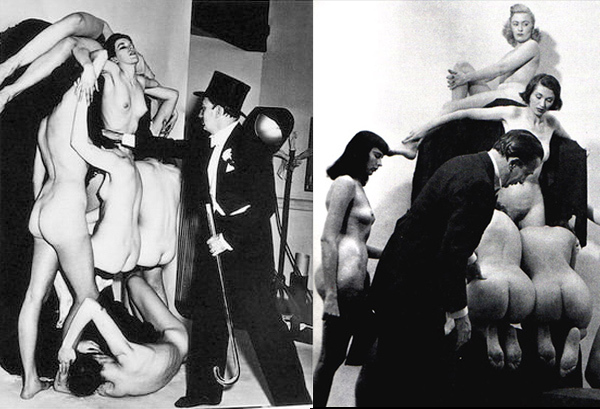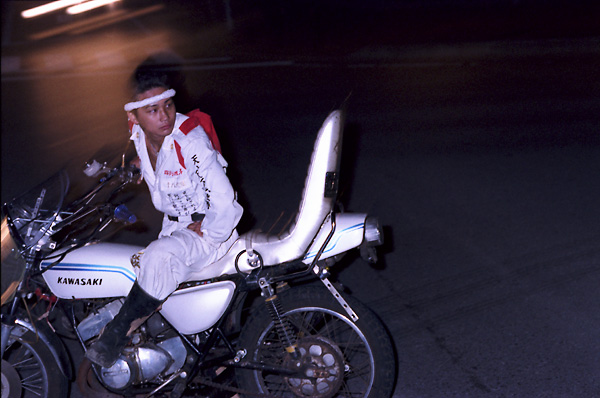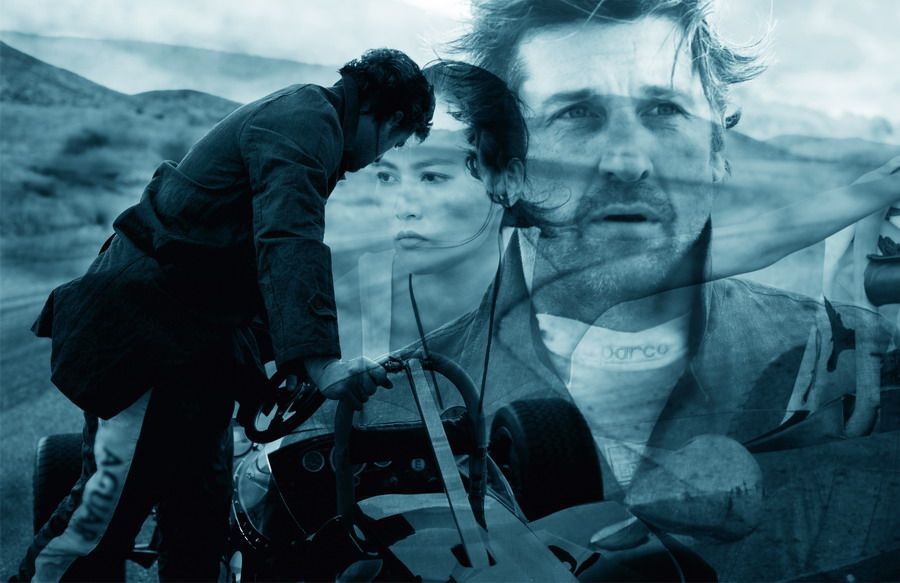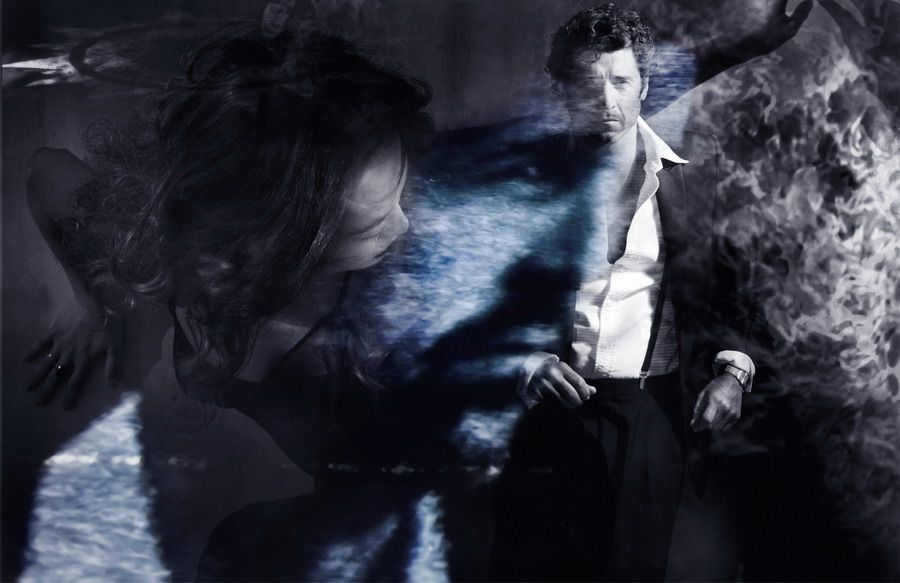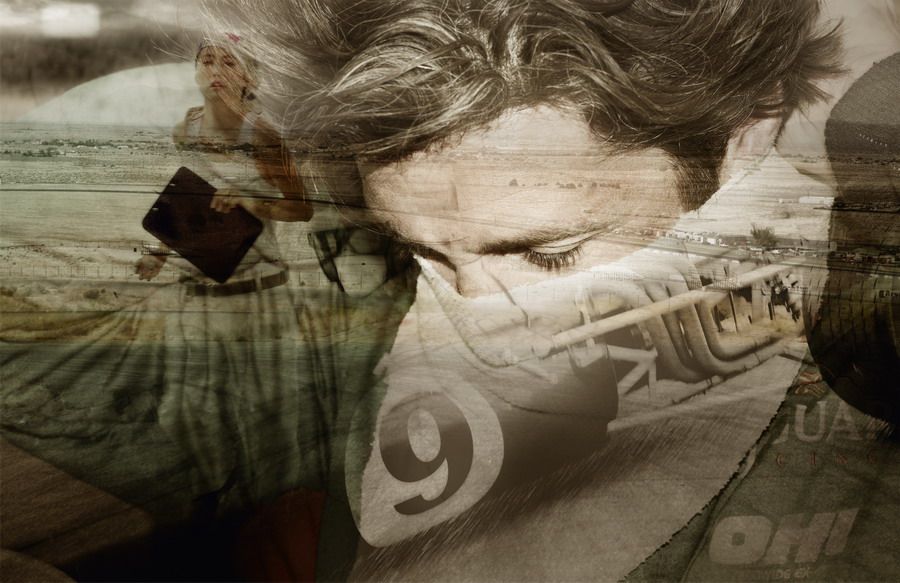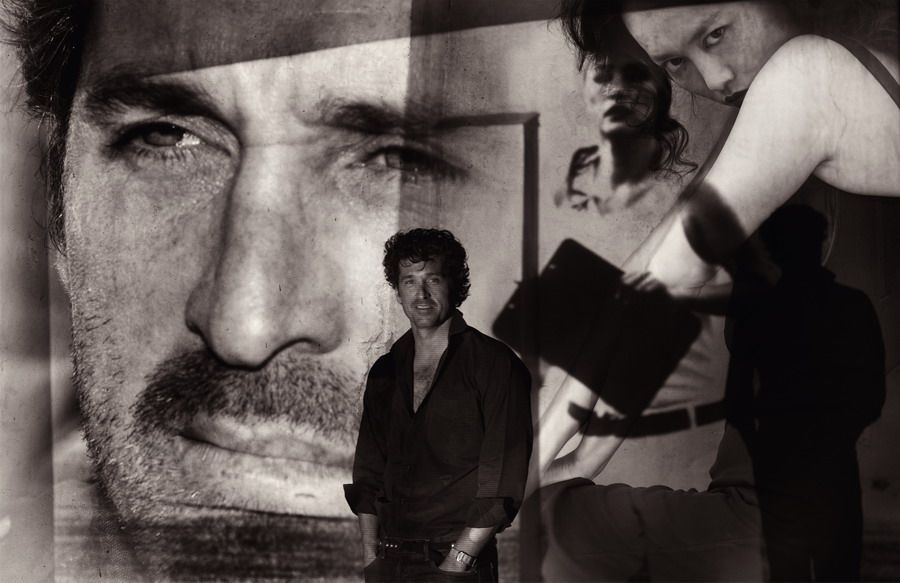This famous photograph, usually titled “The Scourged Back,” was widely circulated by abolitionists and is one of the earliest examples of photography used as propaganda. A contemporary newspaper, The New York Independent, commented: “This Card Photograph should be multiplied by the 100,000 and scattered over the states. It tells the story in a way that even Mrs. Stowe cannot approach, because it tells the story to the eye.”
As the photo historian Kathleen Collins has explained (History of Photography, Vol. 9, Jan.-March 1985), it shows a slave named Gordon, who escaped his master in Mississippi by rubbing himself with onions to throw off the bloodhounds. He took refuge with the Union Army at Baton Rouge, and in 1863 three engraved portraits of him were printed in Harper’s Weekly, showing the man “as he underwent the surgical examination previous to being mustered into the service — his back furrowed and scarred with the traces of a whipping administered on Christmas Day last.” [via NY Times]
A slave scarred from whippings, Baton Rouge, 1863.
The sitter, an African-American male named Gordon, had been whipped so many times that a mountainous ridge of scar tissue was climbing out of his back. It was detailed, like a military map, and resulted from so many whippings that the scars had to form on top of one another. Gordon had escaped from a nearby Mississippi plantation to a camp of federal soldiers, supporting the great Vicksburg campaign of the spring. Medical officers examined him, and after seeing his back, asked a local photography firm, McPherson and Oliver, to document the scar tissue.[via NY Times]
As the photo historian Kathleen Collins has explained (History of Photography, Vol. 9, Jan.-March 1985), it shows a slave named Gordon, who escaped his master in Mississippi by rubbing himself with onions to throw off the bloodhounds. He took refuge with the Union Army at Baton Rouge, and in 1863 three engraved portraits of him were printed in Harper’s Weekly, showing the man “as he underwent the surgical examination previous to being mustered into the service — his back furrowed and scarred with the traces of a whipping administered on Christmas Day last.” [via NY Times]
"Whenever I hear any one arguing for slavery I feel a strong impulse to see it tried on him personally."
~ ABRAHAM LINCOLN 1865
The sitter, an African-American male named Gordon, had been whipped so many times that a mountainous ridge of scar tissue was climbing out of his back. It was detailed, like a military map, and resulted from so many whippings that the scars had to form on top of one another. Gordon had escaped from a nearby Mississippi plantation to a camp of federal soldiers, supporting the great Vicksburg campaign of the spring. Medical officers examined him, and after seeing his back, asked a local photography firm, McPherson and Oliver, to document the scar tissue.[via NY Times]
"...If slavery is not wrong, nothing is wrong. I can not remember when I did not so think, and feel."
~ ABRAHAM LINCOLN 1865
You have read this article civil war /
Large Format /
Mathew Brady /
The Scourged Back /
Wet Plate Collodion
with the title 2013. You can bookmark this page URL http://nikiinwonderland.blogspot.com/2013/05/scourged-back-most-famous-civil-warera.html. Thanks!










